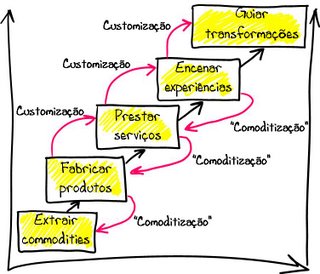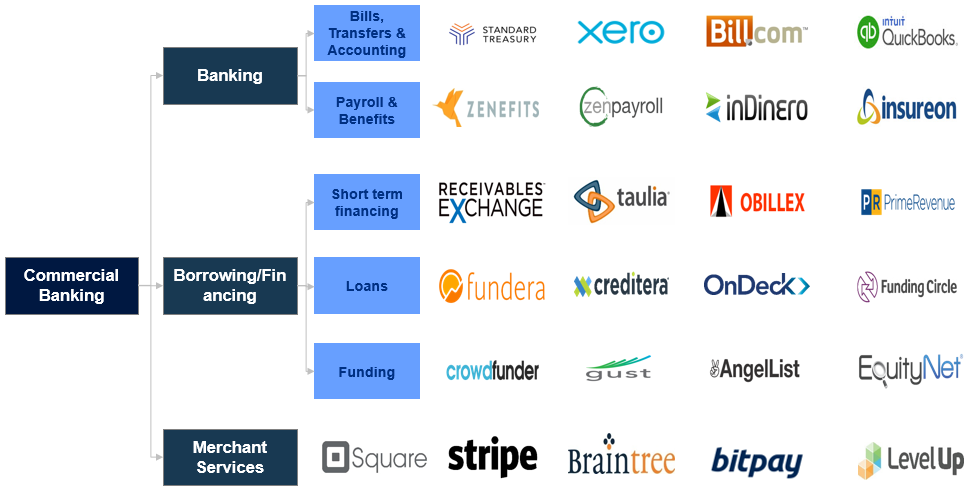"Because it changes the way in which the firm creates and appropriates value. The imperatives to servitize and to develop the activities accordingly are increasing and becoming more vital than ever.
.
In the manufacturing firm´s value chain, the value adding potential is moving from production activities to the intangible pre- and post-production activities. Therefore, the firm needs to extend these activities to keep the total value adding stable.
.
Technological development like IOT, production systems for high cost countries and additive manufacturing may contribute to a concentration of the value chain back to high cost countries.[Moi ici: Ainda os gurus da nossa praça cantavam o refrão "China a fábrica do mundo e já neste blogue se reflectiva sobre o reshoring]
.
However, they also contribute to further lowering the value adding potential in the production part of the manufacturing firm´s value adding activities.[Moi ici: Nunca esquecer o esquema de Pine e Gilmore e o trabalho corrosivo constante da erosão da comoditização]
...Como não recordar "PME e código, já pensou nisso? (parte IV)" e "Mais um exemplo de onde o "é meter código nisso" pode chegar"
The competitive pressure reduces margins and opens a disintermediation of the service delivery value chain parts similarly as has already happened to the production part of the value chain.
.
Thus, besides servitization to compensate for the continuous reduction in value adding potential relating to production activities, the manufacturing firm also needs to create service monopolies by product or service attributes that lock out competing service providers and ultimately, they must continually innovate also in the domain of services.
.
Reaching ever higher service content requires a change in the organization, culture, processes and customer interaction as well as the development of new competencies and capabilities."
Continua
Trechos retirados de "Servitization - an Increasingly Critical Strategy for Manufacturing Firms"












%2006.21.jpeg)












